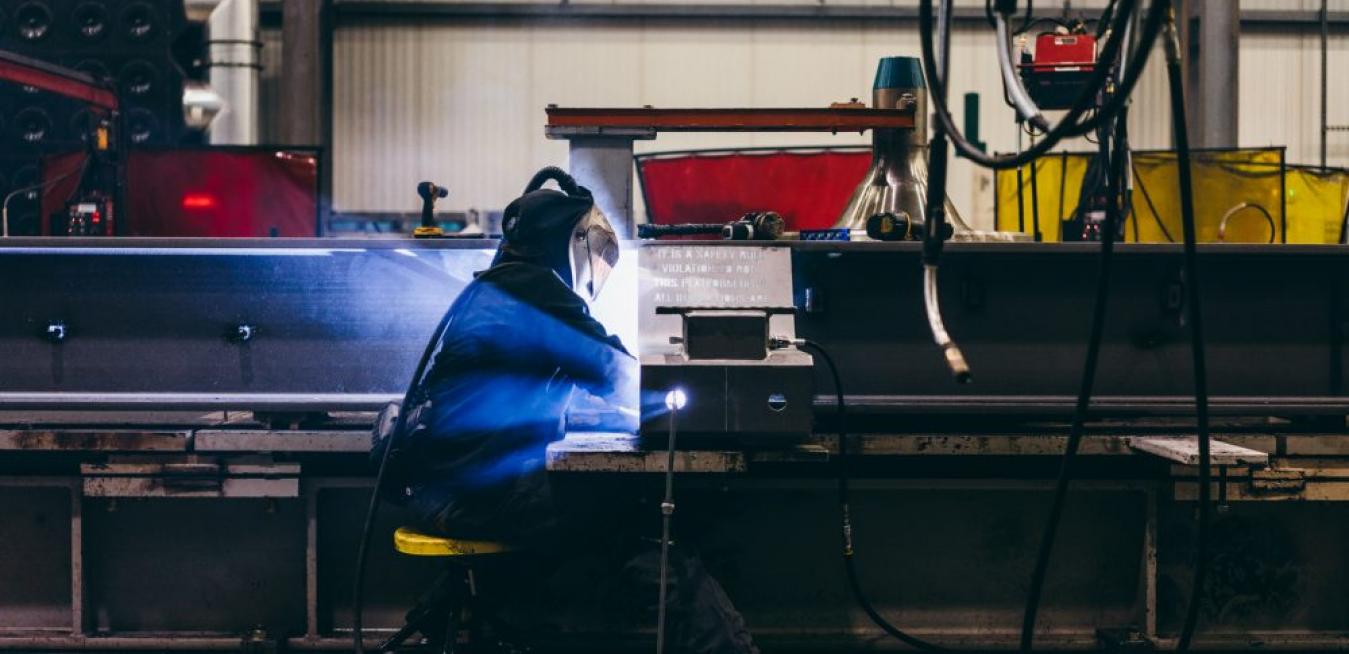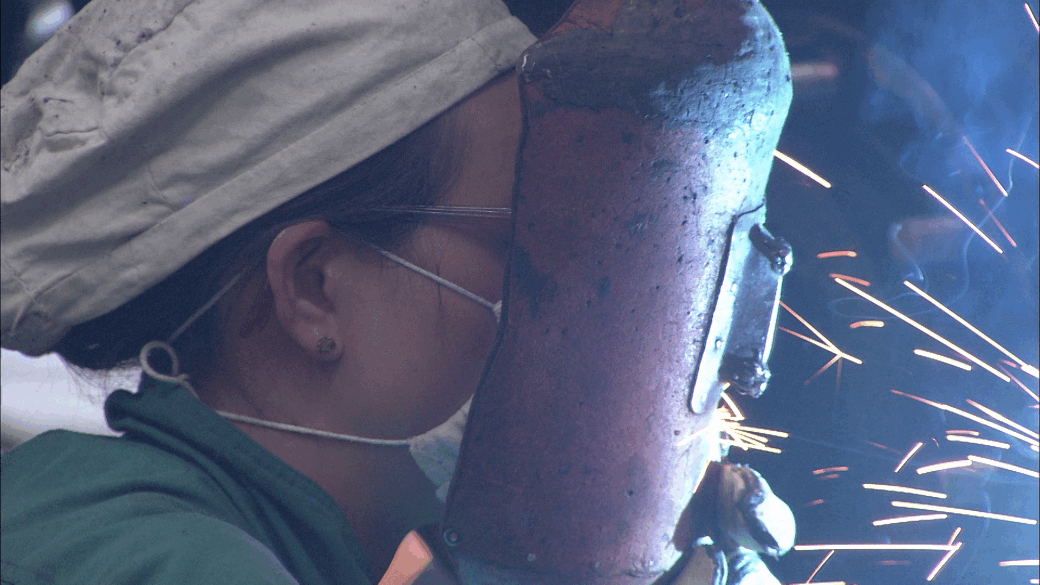Making spare parts doesn’t sound like ground zero for a technological revolution. But at a time when the entire manufacturing workforce is bracing itself for the changes sweeping the industry, the concept of “replacements” takes on extra resonance.
As industries like manufacturing become more technical and require advanced skills, many employers struggle to retain experienced workers. It doesn't help that many employees can't identify a future career or attain appropriate technical training within their companies. As one logistics company in Michigan found, one solution is to develop a clear career path for workers.
A key demographic could help close the skills gap in manufacturing: women. We need to do a better job of attracting and retaining this untapped resource.
U.S. manufacturers today face a tremendous challenge finding quality talent to stay competitive in the global economy. Over the next decade, nearly 3.5 million manufacturing jobs likely will need to be filled, and the skills gap is expected to result in 2 million of those jobs going unfilled.
Talk of these stubborn gaps often takes my breath away, because the country has worked so hard since the Great Recession to grow jobs and the economy. Conference hotels should provide oxygen tanks for meeting participants seeking to solve the skills gap problem.











